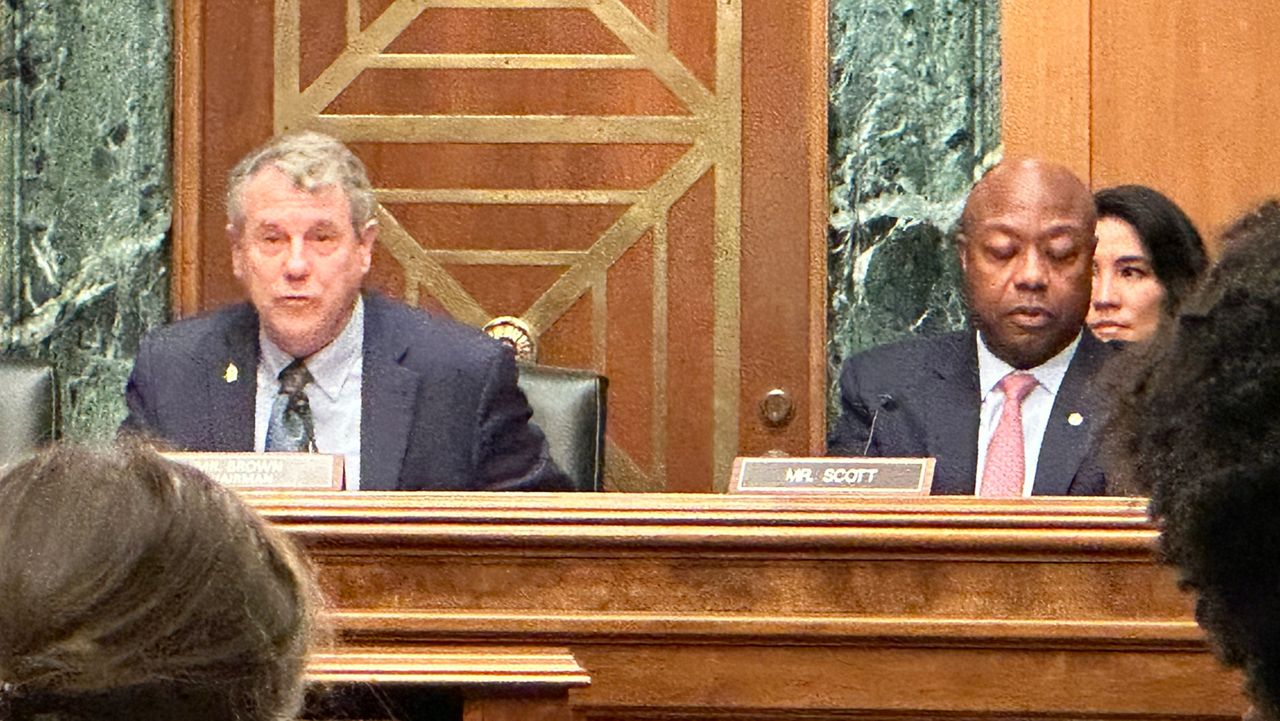OHIO — Ohions have begun casting their vote for November’s election as early voting began this month. But, there is still some confusion about how parental rights could be impacted if State Issue 1 passes.
What You Need To Know
- State Issue 1 would enshrine reproductive rights into Ohio's Constitution
- Case Western Reserve law professor Jonathon Entin says in his opinion it will not impact parental rights
- Attorney General Dave Yost said the proposal doesn’t specifically address parental consent, but that it could lead to legal challenges
Critics of the reproductive rights amendment say if the ballot measure passes, then parental rights could be taken away when it comes to reproductive decisions. A recently released advertisement from opponents of State Issue 1 features Ohio Gov. Mike DeWine and first lady Fran DeWine. In the ad, the first lady says the measure would, “deny parents the right to be involved when their daughter is making the most important decision of her life.”
The same message was also stated by opponents of Issue 1 during a forum hosted by Spectrum News this month.
“If this was truly about abortion, they would have used the term ‘woman’ instead of ‘individual.’ They would have stated there was an age limit to perform an abortion they don’t do that. They’re taking away parental consent and notification,” said Mehek Cooke, attorney and political strategist.
The initiative does not reference a person’s age. So, it’s unclear whether someone under 18 years old would need their parent’s consent to get an abortion. However, the proposal’s language refers to an “Individual right to one’s own reproductive medical treatment.”
Opponents believe the word “Individual” was placed in the text to expand the initiative to more than just abortions, and also include transgender surgeries. Case Western Reserve University law professor Jonathan Entin said the language is vague, but from his understanding of Issue 1 he says it should not affect parental rights in Ohio.
“Now, we don’t know necessarily what will happen with the Ohio Parental Consent Law if Issue 1 is adopted,” Entin said. “But the fact that the U.S. Supreme Court has upheld that law when there was a federal constitutional right to abortion suggests that any challenge to the Ohio Parental Consent Law under Issue 1 would face a kind of uphill battle.”
Entin said we will not know the answer unless the issue passes, and then someone challenges parental consent in court.
Meanwhile, Attorney General Dave Yost’s analysis on the issue said: “The Amendment does not specifically address parental consent. However, the parental consent statute would certainly be challenged on the basis that Issue 1 gives abortion rights to any pregnant ‘individual,’ not just to a ‘woman.’ Before Roe was reversed, parental consent laws were regularly challenged in courts. If Issue 1 passes, the question for court will be whether the term ‘individual’ includes a ‘minor.’ There is no guarantee that Ohio’s parental consent-law will remain in effect.”











